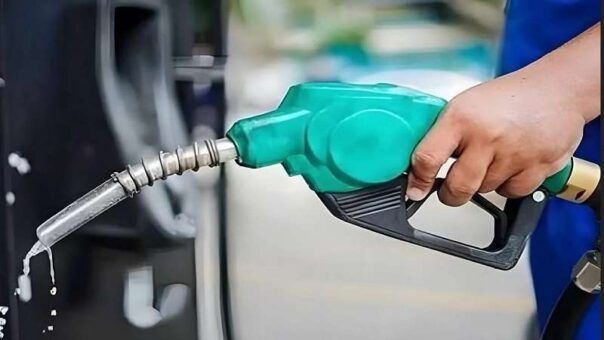Karachi, July 1, 2023: In a move that has disappointed the public during Eid ul Azha, the Pakistan government has decided to increase the levy on petrol to Rs55, instead of providing relief on petroleum prices. The decision, announced by Finance Minister Ishaq Dar, came into effect on July 1, 2023.
The government had an opportunity to provide relief to the masses during this festive season, but instead, it chose to maintain the price of petrol at Rs262 for the next 15 days. Furthermore, the price of high-speed diesel was raised by Rs7.50 per liter to Rs260.50 until July 15, 2023.
According to the Oil and Gas Regulatory Authority (OGRA), there was a suggestion to increase petroleum prices significantly due to the surge in international markets. However, on the directives of the Prime Minister, the decision was made not to burden the citizens with this increase, as stated by Finance Minister Ishaq Dar.
Interestingly, a calculation by Arif Habib Limited revealed that the government had the room to provide relief in petrol prices by not increasing the petroleum development levy (PDL) by Rs5 to Rs55. The cost of petrol from the refinery had even declined from Rs195.31 as of June 16, 2023, to Rs187.80 by July 1, 2023. However, instead of passing on this reduction to the public, the government decided to offset it by enhancing the petroleum levy.
In the recently announced budget for 2023-24, the National Assembly granted the government permission to increase the petroleum levy to Rs60 from Rs50 per liter on petrol and diesel during the fiscal year. Currently, the government has raised the petroleum levy by Rs5 on petrol, and there is still the possibility of a further increase by another Rs5. Additionally, the government has been authorized to raise the petroleum levy by Rs10 on High-Speed Diesel in upcoming announcements.
The government aims to generate approximately Rs870 billion through the petroleum levy in the upcoming fiscal year, demonstrating its determination to boost revenue despite challenges in the petroleum sector. In the previous fiscal year 2022-2023, the government initially set a target of Rs855 billion in petroleum levy collections but later revised it down to Rs542 billion. As a result, the government faces the challenge of collecting an additional Rs328 billion in the upcoming fiscal year to meet its ambitious revenue goal.
The increase in the price of High-Speed Diesel is expected to have a significant impact on various sectors of the economy, particularly transportation and industries heavily reliant on diesel fuel. Meanwhile, the decision to maintain the price of petrol aims to alleviate the burden on the general public, as petrol is the most commonly used fuel for private vehicles.
The government’s decision to adjust fuel prices is part of its ongoing efforts to manage the impact of volatile international oil prices and maintain fiscal stability. However, the consequences of these price adjustments on the overall economy and the daily lives of Pakistani citizens remain to be seen in the coming weeks.
READ MORE: Pakistan Increases High-Speed Diesel Price by Rs7.5 per Liter, Keeps Petrol Unchanged
